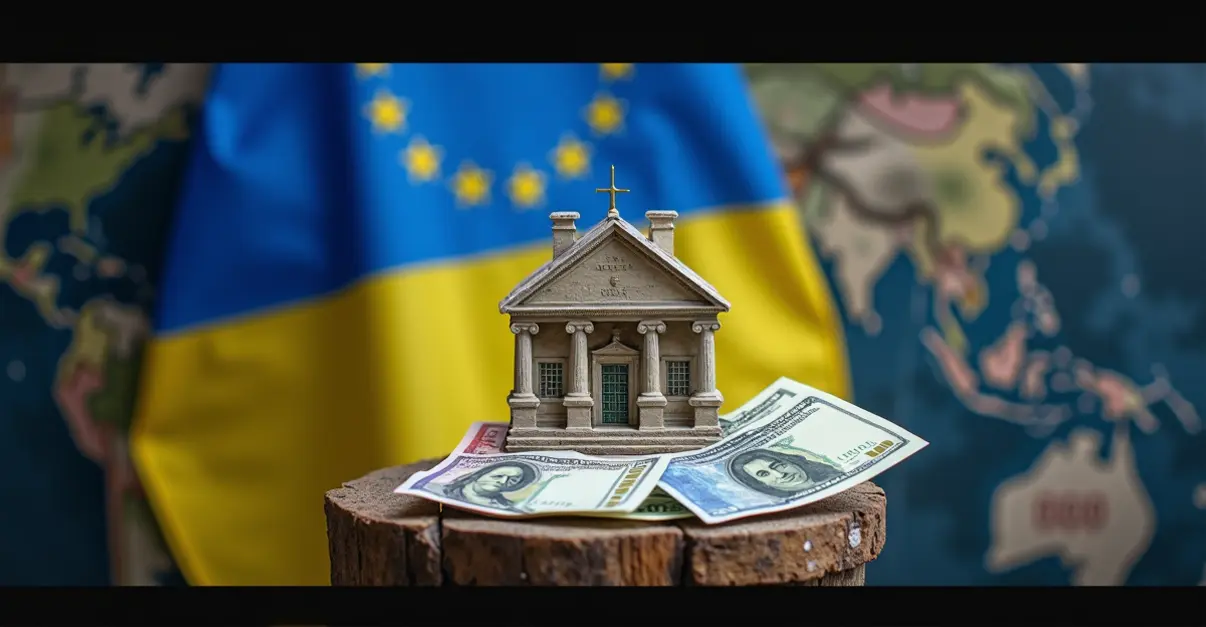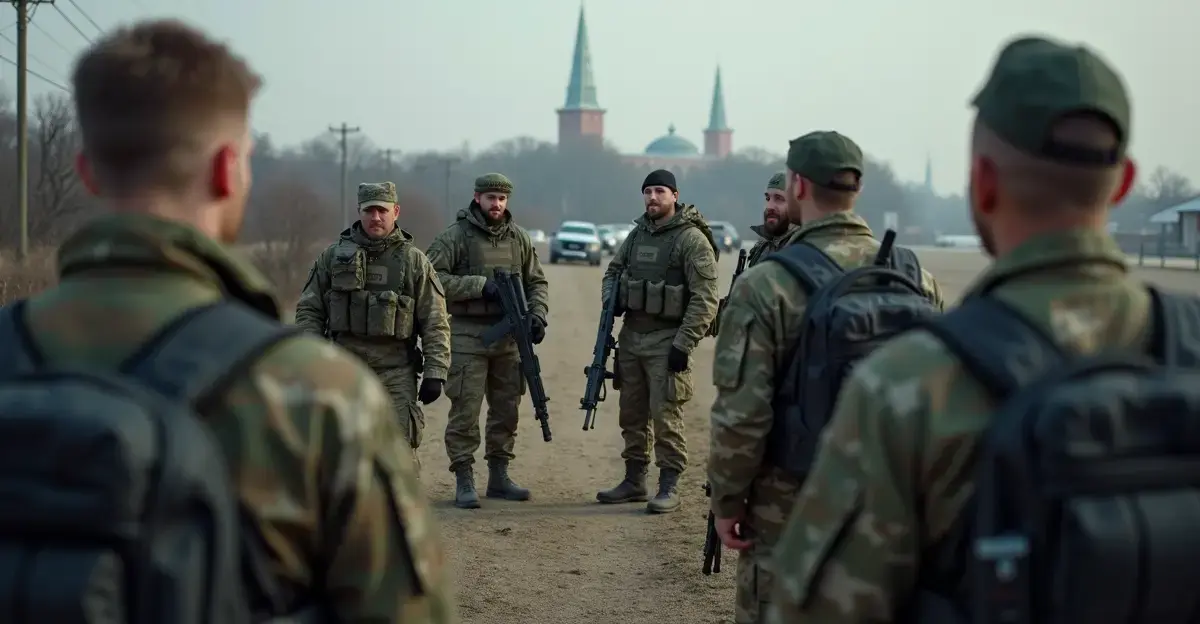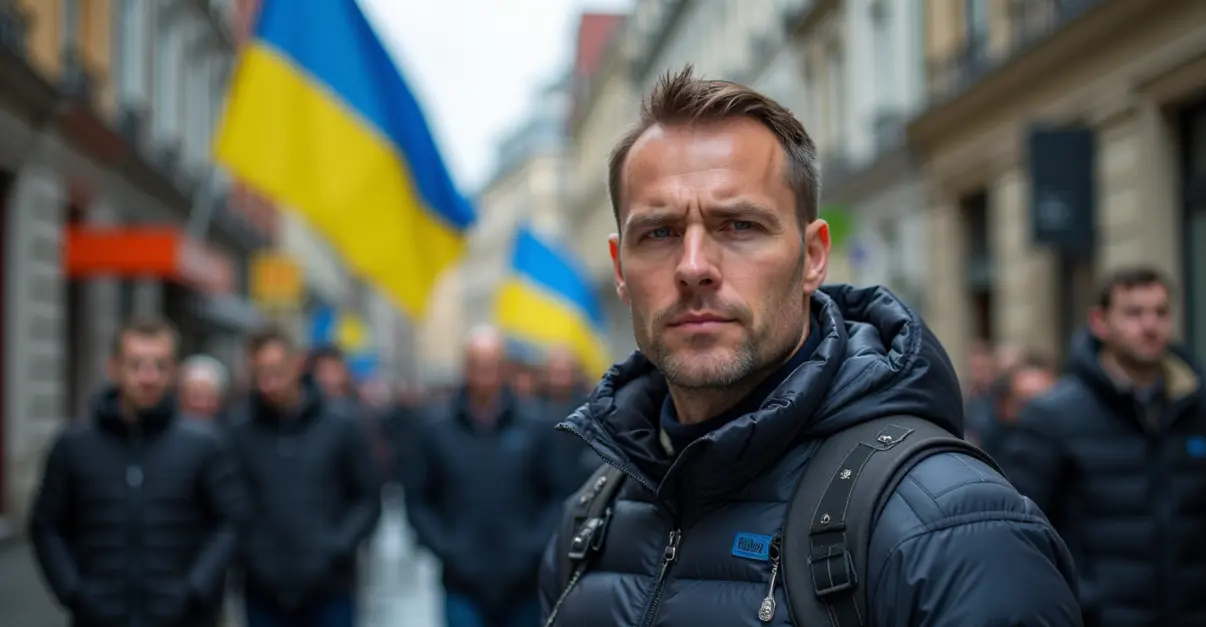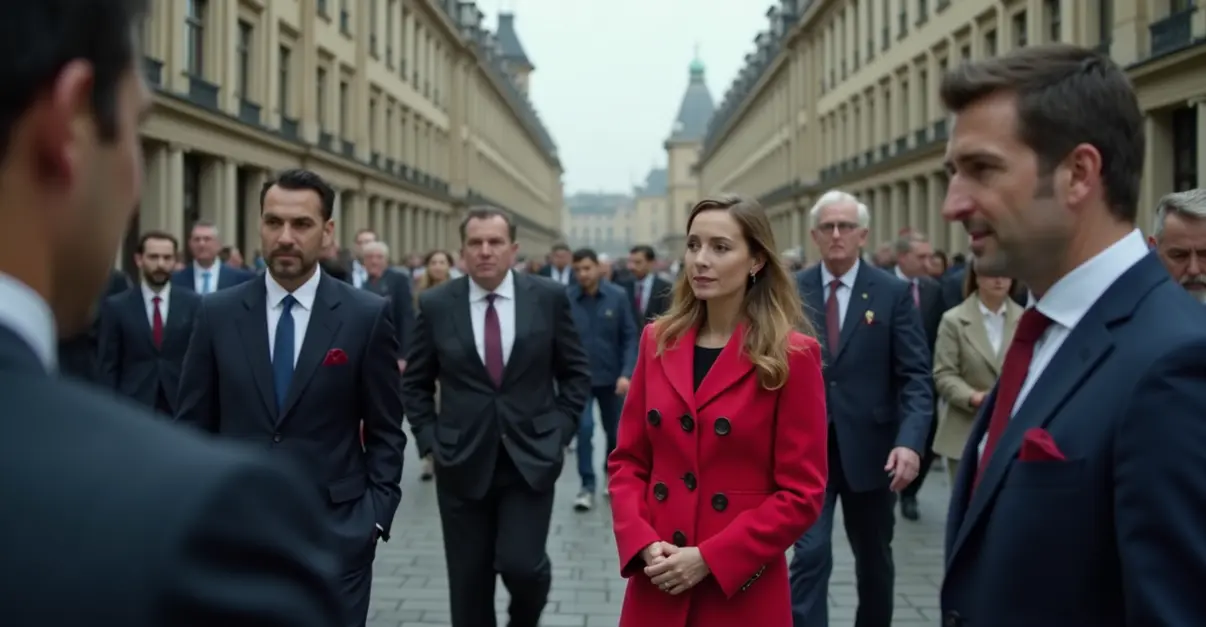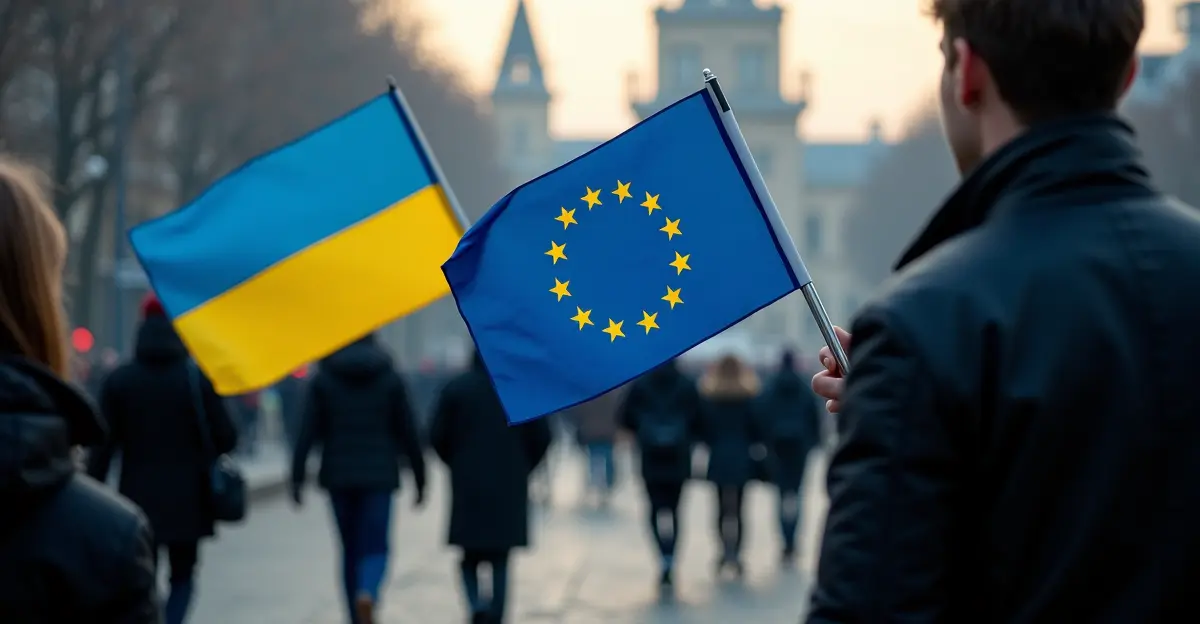EU leaders are considering lending €140 billion in frozen Russian assets to Ukraine through a creative loan mechanism. The plan faces opposition from Belgium over legal and financial concerns while Ukraine urgently needs the funds for defense.
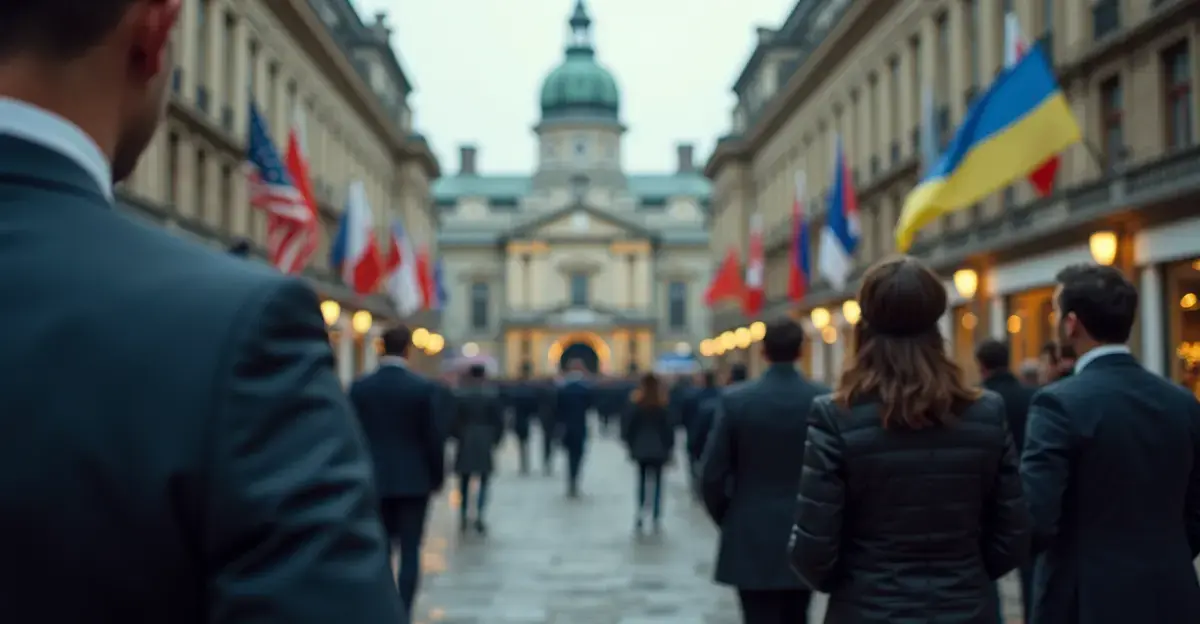
EU Leaders Debate Innovative Plan to Support Ukraine
European Union leaders are exploring a groundbreaking proposal to lend approximately €140 billion in frozen Russian assets to Ukraine, marking a significant escalation in Western efforts to financially support Kyiv against Russian aggression. The plan, discussed at the EU summit in Copenhagen, represents a creative approach to utilizing the massive funds frozen since Russia's invasion of Ukraine in 2022.
The Legal Framework
The proposal, championed by European Commission President Ursula von der Leyen, would not involve direct confiscation of Russian assets but rather create a loan mechanism where Ukraine would only need to repay the money if Russia compensates Ukraine for war damages. 'Russia is the perpetrator. They cause the damage and must be held accountable for it,' von der Leyen stated, emphasizing the plan's legal soundness.
According to Euractiv, the Commission's approach would "mobilize" Moscow's funds without affecting their ownership, avoiding unilateral expropriation that could violate international law.
Belgian Opposition and Financial Concerns
The plan faces significant opposition from Belgium, where approximately 90% of the frozen Russian assets are held by Euroclear in Brussels. Belgian Prime Minister Alexander De Croo has expressed strong reservations, warning that 'It ain't gonna happen, das wird niemals passieren' - indicating his firm opposition to the proposal.
Belgium's concerns stem from multiple factors. The country receives approximately €1.3 billion annually in tax revenue from the frozen assets, which it plans to use for military expenditures. Additionally, Belgium fears potential legal claims from Russia and wants guarantees that it won't bear the financial risks alone. As reported by Financial Focus Hub, Belgium has voiced firm opposition, citing unacceptable financial and stability risks.
Ukraine's Urgent Financial Needs
Ukraine desperately needs the financial support as it continues to defend itself against Russian aggression. Mykola Joerlov of Ukraine's Foreign Ministry told the NOS: 'This is exactly what we have asked for from the day these assets were frozen. They must be used so Ukraine can defend itself.'
The situation has become more urgent following changes in U.S. policy. Before Donald Trump returned to the White House, Americans covered a significant portion of Ukraine's expenses, but this funding has been substantially reduced, increasing pressure on European nations to provide support.
International Context and Legal Challenges
The proposal comes as Western nations seek innovative ways to support Ukraine while navigating complex legal and financial considerations. According to Reuters, the EU remains cautious about potential legal complications, as using frozen sovereign assets raises complex international law questions.
Russia has already labeled the European plan as 'theft' and threatened to sue countries and individuals involved in what it calls stealing Russian money. The Kremlin's response underscores the diplomatic tensions surrounding the proposal.
Next Steps and Political Dynamics
Despite the constructive discussions in Copenhagen, EU leaders have not reached consensus on the plan. Demissionary Dutch Prime Minister Schoof noted that further investigation is needed, particularly addressing Belgium's concerns. The proposal represents a delicate balancing act between supporting Ukraine's defense needs and maintaining financial stability within the EU.
As Radio Free Europe reports, the plan would involve transferring approximately €176 billion in frozen Russian assets held in Euroclear to a Special Purpose Vehicle in exchange for zero-coupon bonds, with Ukraine receiving up to €140 billion in loans.
The outcome of these discussions will significantly impact both Ukraine's ability to continue its defense against Russian aggression and the broader geopolitical landscape of European-Russian relations.

 Nederlands
Nederlands
 English
English
 Deutsch
Deutsch
 Français
Français
 Español
Español
 Português
Português





